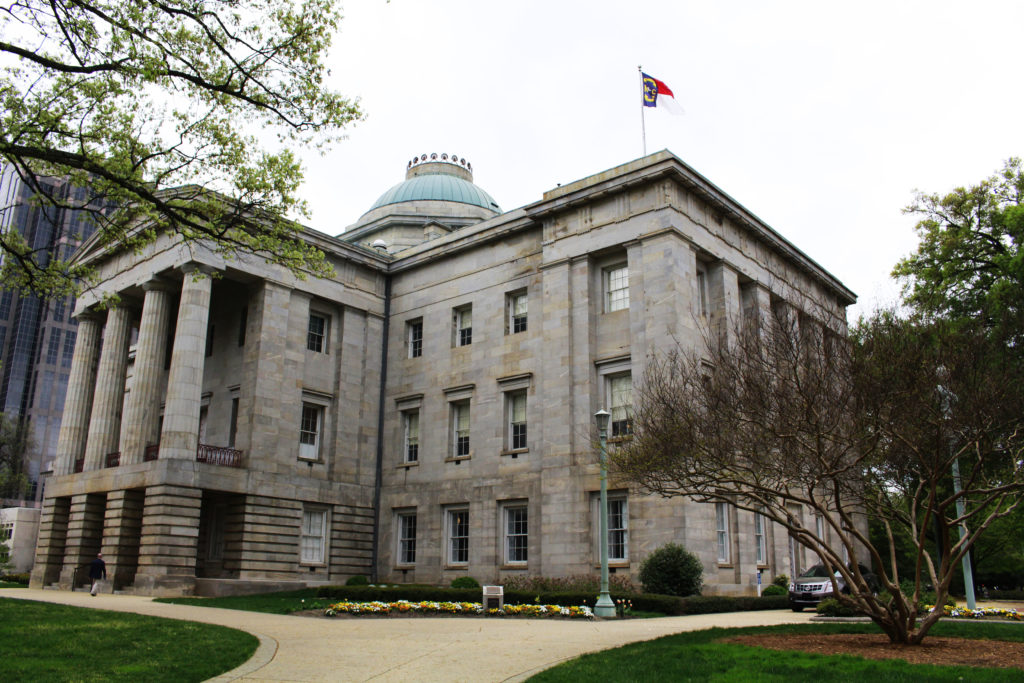
The North Carolina historic preservation tax credits sunset on January 1, 2015, yet properties can still use federal tax credits of 20 percent.
There is no justification for compelling state taxpayers to subsidize the preservation of historic properties in particular cities or towns. There is, however, justification for local taxpayers to chip in for renovating historic buildings that may, if left abandoned, endanger the structural integrity of neighboring properties or threaten public health and safety.
Our state government should strive to keep the tax code clean. If lawmakers choose to enact a program to aid in historic preservation, a grant program is a better alternative than a tax credit.




